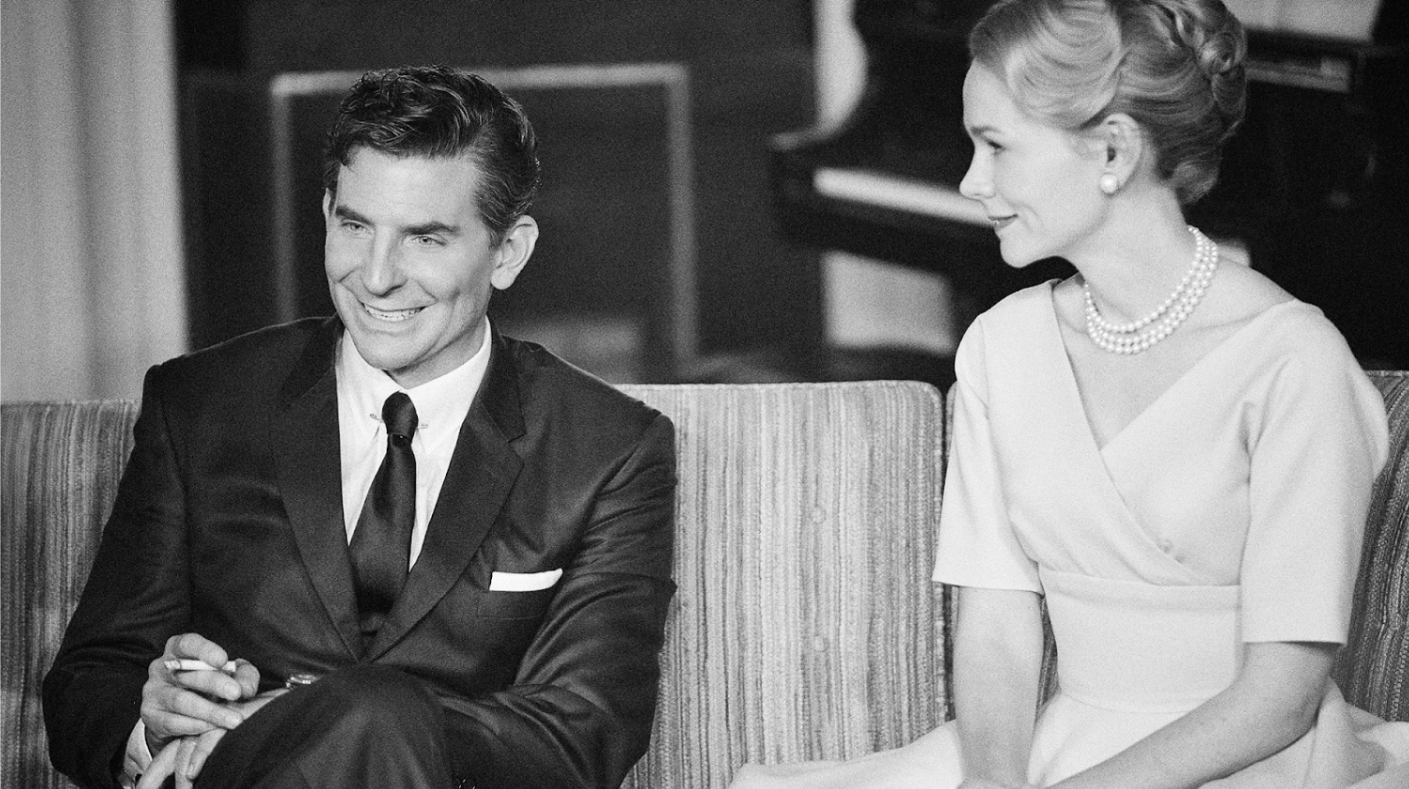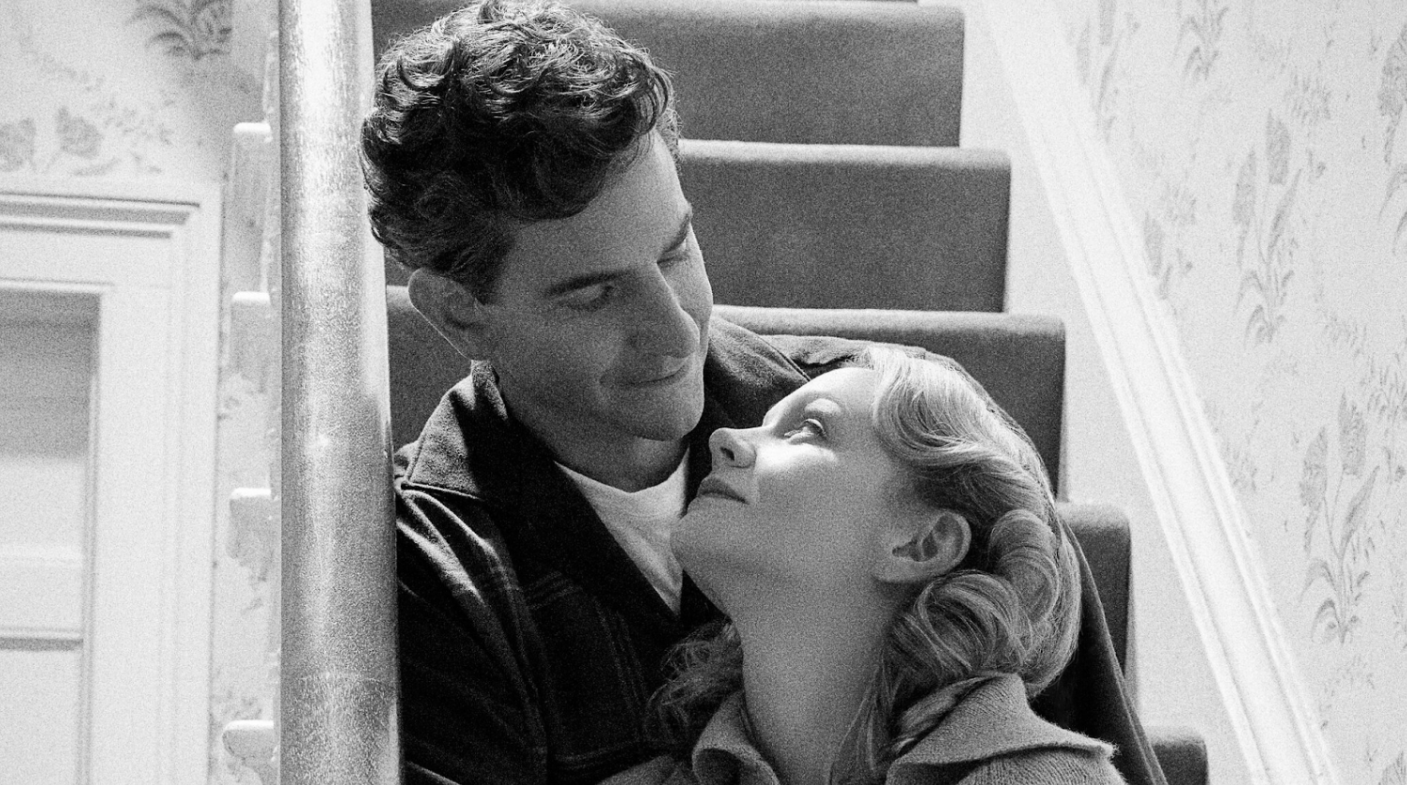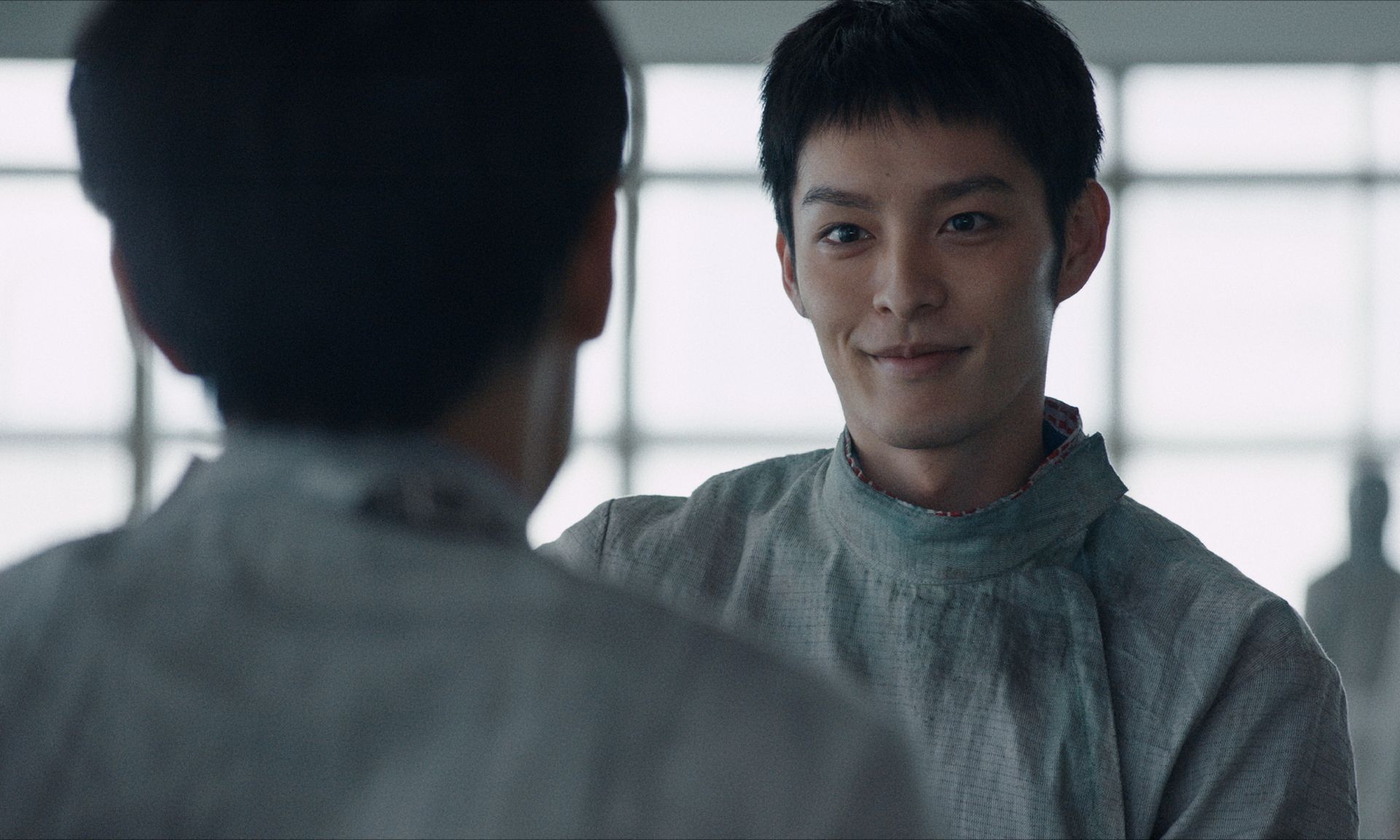Film Review #105: Maestro
Film Review #105: Maestro
Maestro:
A lovingly constructed symphony that fails to strike a chord

Image Courtesy of Jason McDonald (Netflix)
In the past couple of years, biopics have saturated both the silver screen and the motion pictures award nomination lists. They grow in popularity as audiences demand a peek behind the curtain of fame that is just as much about their genius and passion, along with the person themselves.
Rocketman
(2019) was a riotous, unapologetic banger bringing us into the life and times of revered pop singer Elton John (Taron Egerton).
I, Tonya (2017) pitted the talented yet tormented Tonya Harding (Margot Robbie) against her mother, her ex-husband and figure skating rival Nancy Kerrigan (Caitlin Carver) in a dark, devilishly hilarious film. More recently,
Oppenheimer
(2023), drew acclaim from both crowds and critics, featuring the haunted, tortured genius of the titular theoretical physicist (Cillian Murphy), who rose to prominence as “death, destroyer of worlds” following his invention of the atomic bomb.
People naturally yearn to understand public figures: their drive, talents, and personal struggles, as well as the relationships that shape them. Despite social media offering glimpses into their lives, we still crave more, seeking vulnerability and authenticity behind their curated personas. This innate curiosity drives us to explore every avenue, from books to tabloids, in search of the person behind the celebrity.
Walking the well-trodden path of the biopics that came before,
Maestro gives the audience a glimpse of the man behind the music. Spanning from the 40s to the current epoch, the film details how Leonard Bernstein (Bradley Cooper), a renowned composer and conductor, rose from being a relatively unknown figure in the industry to a much-coveted luminary in music and one of the most famous conductors in the 20th century. Behind this glittering curtain, however, the film focuses on his lesser-known personal struggles. The once-loving relationship between Bernstein and his wife, actress Felicia Montealegre, bends and breaks through the years as his continued affairs with his mistresses and his alcohol and substance abuse wreak havoc through their marriage.
These were elements of his life that were not publicly disclosed — and would taint Bernstein’s reputation were it to be widely publicised in his lifetime.
Besides Bernstein’s achievements,
Maestro is equally about the three driving presence in his life — his wife, Felicia; his foresight, so far ahead of its time that it finds itself isolated in the present; and his greatest passion, music. Although actual shots of Bernstein conducting, composing and playing music are few and far between, the soundtrack - a curation of both Bernstein’s own compositions and other pieces of classical music - adds to the rich soundscape of the film. From soaring, grand symphonies to quiet yet no less emotive piano solos, the score is atmospheric, electrifying, emotionally raw — a perfect reflection of the musician. If you were to summarise Bernstein in a single scene, look no further than the extended sequence closing the film.
Underneath the Romanesque spires of the Ely Cathedral, Bernstein begins to conduct Gustav Mahler’s Symphony No. 2 “Resurrection”. Bernstein’s movements are languid, almost relaxed — a master warming up in the opening strains of the symphony — and end with him so fully immersed in the symphony that he becomes the music. His energy is frenetic as the symphony reaches its crescendo, yet he does not waver throughout the sequence; Bernstein conducts with a smile on his face and pours his entirety into the performance. As the camera seamlessly tracks around him, it would not be difficult to believe that Bernstein was touched by something divine; so great was his fervour and passion that he seems ineffably bewitched.
Although director Bradley Cooper rarely strays from the linear narrative of a biopic, the film’s stylistic fabric is crackling and dynamic, mirroring Bernstein’s essence and energy. Cinematographer Matthew Libatique helps to visually capture the rich subject matter of the film with a careful hand that doesn’t overwhelm, seamlessly switching between shooting in boxy, black-and-white that captures the bustling, restless energy of the 40s and 50s and lush, rich full colour that brings the vibrant culture of the 60s and 70s to life. Maestro’s imagery is a particular standout — an unbroken shot of a younger Leonard Bernstein rushing out of a room and into the New York Philharmonic’s David Geffen Hall; a brief yet tender quiet moment with Bernstein and his lover, clarinettist David Oppenheim; a long shot of Felicia Montealegre walking up to the fateful party where she and Bernstein first meet, sparkling with a quiet hope. These moments, so fleeting yet so pivotal to our understanding of Bernstein’s character, all create a beautifully-crafted mosaic of Leonard Bernstein’s life — his achievements as a musician, devastating domestic disagreements and tender moments spent with his loved ones.
Cooper’s characterisation of Leonard Bernstein is commendable, capturing fleeting yet endearing moments of Bernstein's magnetism and vulnerability. At times, it seems like he is part himself, part Bernstein. Cooper portrays the great man with a gusto and flair that mirrors the restless spirit Bernstein possessed, pouring his heart and soul into his work.
However, the narrative skirts the edges of his psyche without truly immersing itself in it, despite its best efforts to truly understand Bernstein. The film tantalises the audience with glimpses of the inner turmoil and passion in his life and through the people he loved — Felicia and his other mistresses — yet, it shies away from comprehensively examining his internal conflicts, leaving a lingering sense of unexplored depth.

Image Courtesy of Jason McDonald (Netflix)
Moreover,
Maestro stumbles in its portrayal of Leonard Bernstein’s relationships, particularly with himself and those closest to him. While the film hints at the tumultuous interplay between Bernstein's relentless pursuit of perfection and his personal connections, these dynamics remain largely underdeveloped. The emotional resonance that could have arisen from an in-depth exploration of his inner struggles and the impact on his relationships remains disappointingly elusive.
Admittedly,
Maestro stands as a testament to Bradley Cooper's directorial finesse and Leonard Bernstein’s enduring legacy as one of the greatest composers of his era. However, the film falls short of understanding the depths of Bernstein and Felicia’s characters. The film is a well-meaning symphony that attempts to resonate on multiple levels but unfortunately emerges as staggeringly one-dimensional in certain respects. Instead of offering a comprehensive portrayal of Bernstein and, to a lesser degree, Felicia, the film merely provides glimpses of their inner lives to the audience; providing lushly constructed scenes of their complicated characters yet not making a concerted effort to delve further into their psyche. What remains is a frustratingly incomplete film.
For all its attempts,
Maestro left much to be desired, reducing a brilliant, multifaceted man to a hull of his true self.
——————————————————————————-
This review is published as part of *SCAPE’s Film Critics Lab: A Writing Mentorship Programme, with support from Singapore Film Society.
About the Author: Kymberly has always been an avid traveller, eager to explore countries, worlds and universes both real and fictional. Drawn to film and literature from a young age, she has a passion for understanding the human condition across different places in time, and especially enjoys watching documentaries, period pieces and dramas. When she doesn't have her nose in a book or glued to a movie, you can find Kymberly rooting for her favourite sports teams at the top of her lungs, spending time in nature or working on a graphic design/editing project.










